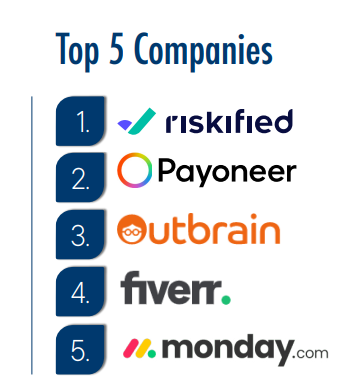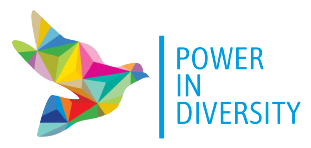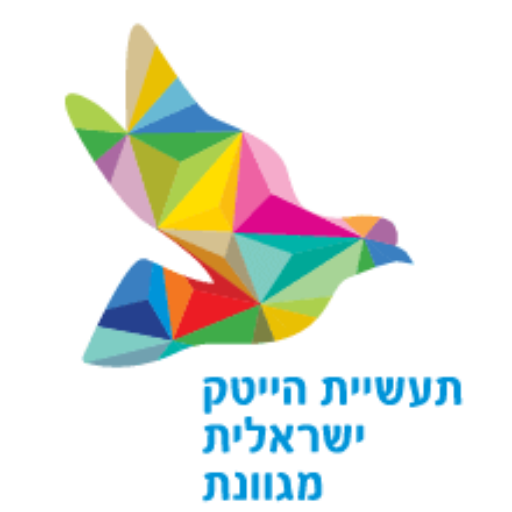Share the report
2022 Diversity in startups report
Power in Diversity is publishing the startup Israeli ecosystem diversity report for the second consecutive year. For the first time, we have included figures showing the representation of both ultra-Orthodox and Arab individuals as well as women.
This report is the result of an analysis based on data collected from 650 active Israeli venture-backed companies with over 50 employees in the country.
As a result of the analysis of data, there has been a slight improvement in the status of women’s representation in the ecosystem. The startup industry represents 34% of the workforce, an increase of 0.4% from 2021. A total of 24% of women hold managerial positions, an increase of 0.6% from 2021. The percentage of women in technological positions is 27.8%. Despite high demand for talent and extensive recruitment efforts in the first half of 2022, we have not seen any significant changes.
Our study also examined the status of Arabs and ultra-Orthodox in the startup ecosystem. Comparatively to women, the numbers in this section are significantly lower.
In spite of the fact that Arabs constitute 20% of Israel’s population, they represent only 0.2% of the startup industry. In the traditional high-tech industry, they hold a share of approximately 2%-3%, while 16% of Israeli Arabs hold degrees in STEM fields. There is an enormous amount of work and strategic review that needs to be carried out in the industry as a result of the gap.
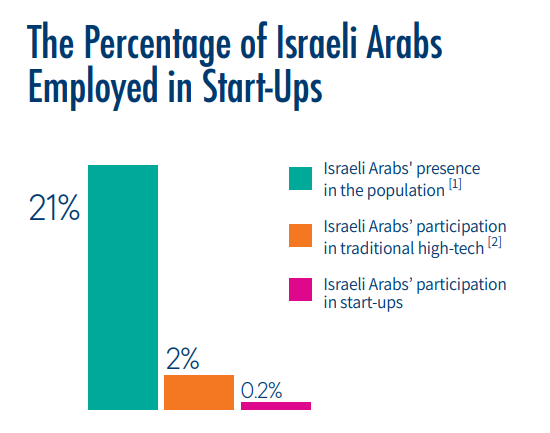
It is estimated that only 0.4% of employees in startups are ultra-Orthodox. The majority of them are women. Compared to the 13.5% percentage of ultra-Orthodox in Israeli society, their representation in traditional high-tech companies is 3%.
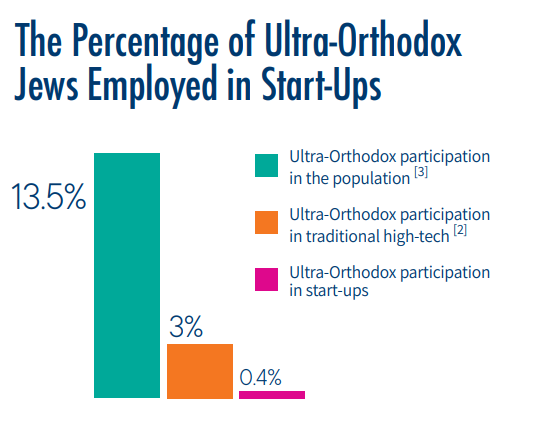
At this point, the only numbers that can be verified are those of three diversity groups, due to the inability to extract valid statistical data for other diversity groups, such as Israeli Ethiopians and people with disabilities, due to extremely low numbers.
It is evident that most companies lack awareness, tools and time to invest in measuring and activating target programs that will reduce the number of people with disabilities, despite their legal obligation to do so.
A list of leading diversified companies in the ecosystem is also included in the report.
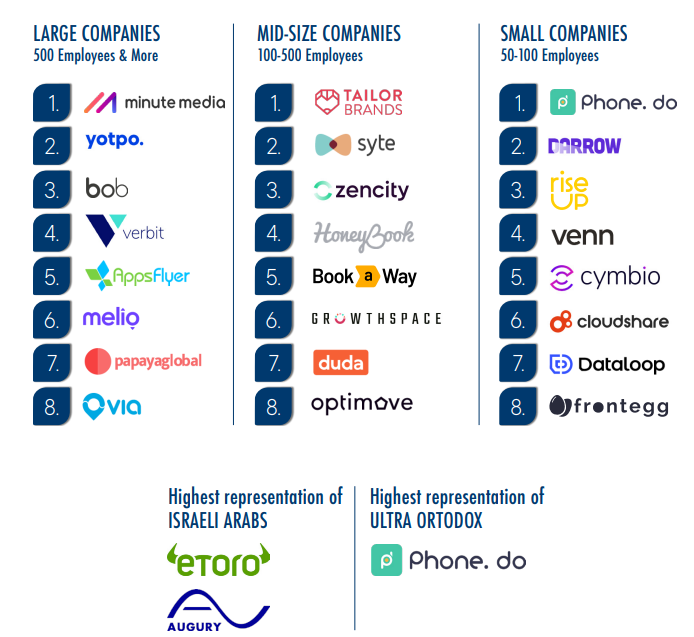
Our publication this year also included a list of the five leading publicly traded diversified companies which we view as leaders in the Israeli industry, both professionally and socially.
